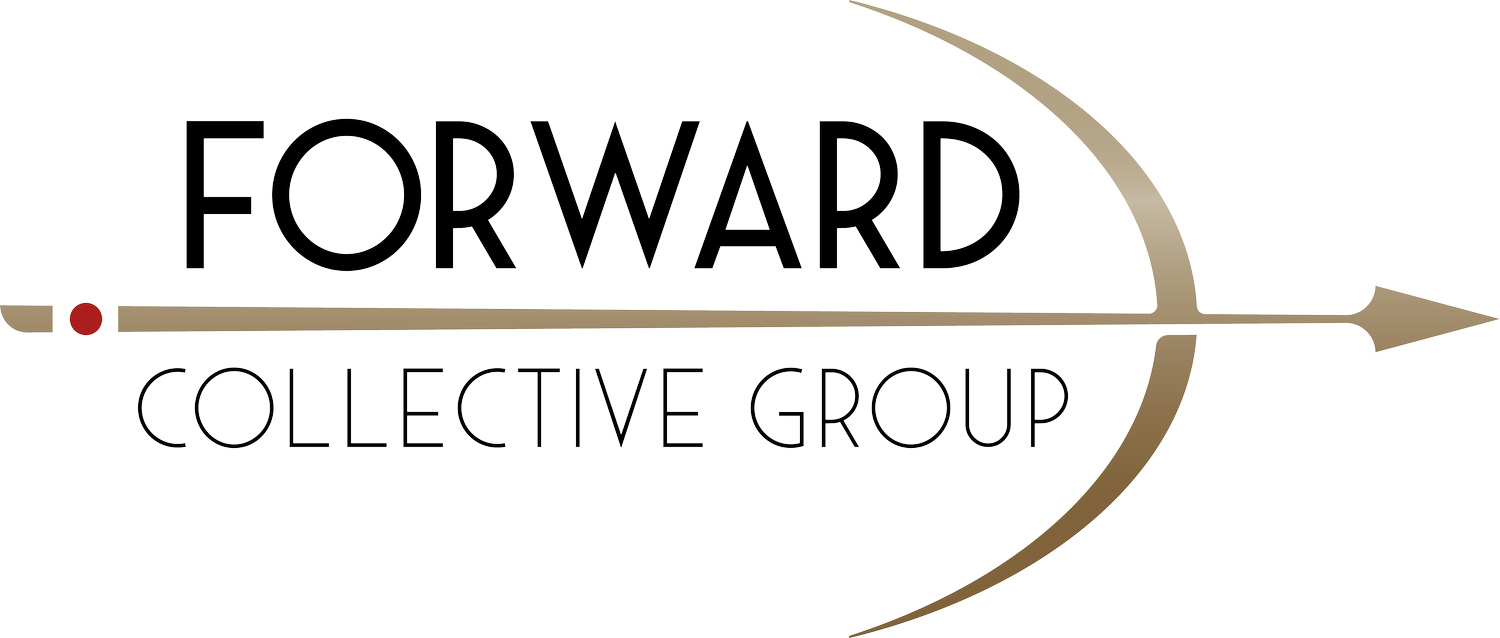Keeping Score: Unaddressed Grief’s Impact
We often think of grief as an emotional experience, a weight on our hearts and minds. However, the reality is that our emotional and physical states are deeply interconnected. When we don't give grief the attention it needs, it doesn't simply vanish; it can settle in parts of our body.
Our Body As Scorekeeper
While I'm not an expert in Eastern medicine practices, research in this area highlights the profound connection between our emotions and our physical health. One theory is that emotions reside in specific areas of the body and contribute to physical ailments. I believe this is true to some extent, as our body keeps the score of our pain. Think about times when you've felt stressed or overwhelmed – where did you feel it in your body? A tight jaw? A knot in your stomach? A tension headache? Unaddressed grief can manifest similarly, perhaps more subtly over time.
Our Body’s Signals
Just like any emotion, grief is a signal. It's our internal mechanism trying to tell us something needs our attention. Ignoring this signal can have very real and lasting consequences, not just emotionally, but physically as well.
Consider the immense role our careers play in our lives. While it's important to remember that your career is not your entire identity, it is undoubtedly a significant expression of who you are. Our work often reflects our hopes, our sense of purpose, our values, and our ethics. When things are amiss in our professional lives, it can have a profound impact on our overall well-being, both mentally and physically. The grief of career disappointment can manifest through signals of physical illness.
Listening to Physical Discomfort
Have you ever experienced physical unease when considering a particular deal, contract, or collaboration? I know I have. There have been times when the thought of moving forward with something felt physically sickening. In the moments you feel discomfort, check in with yourself and ask: where is this feeling coming from?
Often, this physical discomfort can be traced back to previous career moments – an unresolved conflict, a nagging sense of misalignment, or perhaps an unacknowledged grief related to a past experience. For me, I've even recognized patterns in the types of challenging supervisors I encountered, realizing that these dynamics mirrored unresolved issues from my childhood. The resistance I felt towards being controlled or manipulated in my career stemmed from emotional abuse from the adults around me, and my body was often the first to signal when I was stepping back into a similar dynamic.
I have trained myself not to ignore those signals. Ironically, I have noticed a significant shift in my mental and physical health - for the better. Listening to my Self, instead of ignoring the signals, has quite literally healed me.
Leave Space For Grief
As leaders, we are often focused on the well-being of our organizations and our teams. We must also prioritize our own well-being, recognizing the intricate connection between our emotional and physical health. Leaving space for grief, acknowledging its validity, and exploring its roots – perhaps with the support of a therapist or coach – can be a powerful step towards not only emotional healing but also physical well-being.
By paying attention to the signals our bodies send, we can gain valuable insights into the unaddressed grief that might be impacting our leadership, our decision-making, and ultimately, our companies. Learn more on how I leverage grief for career success here: https://youtu.be/yk1P2nRjZGg.

